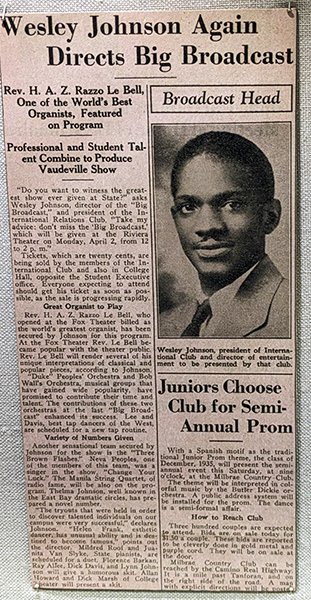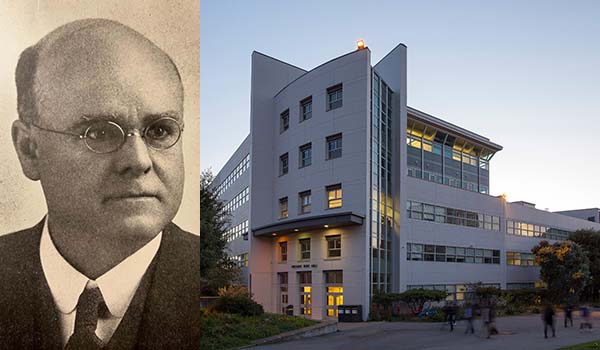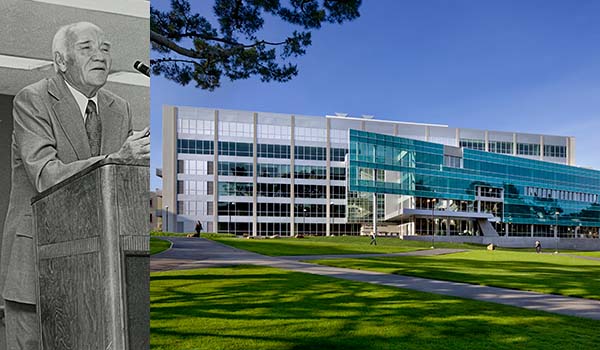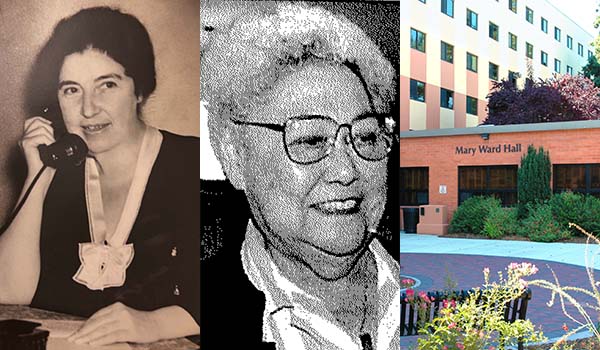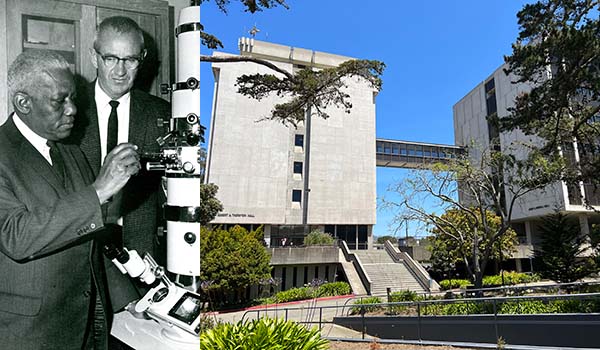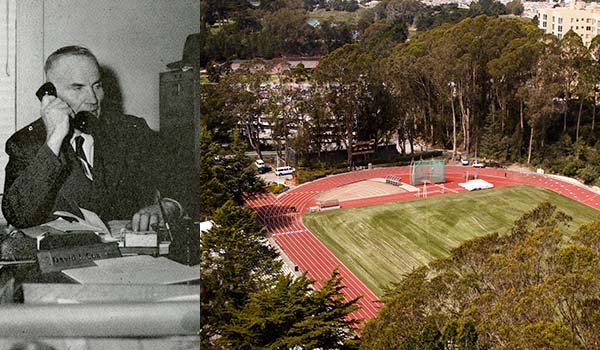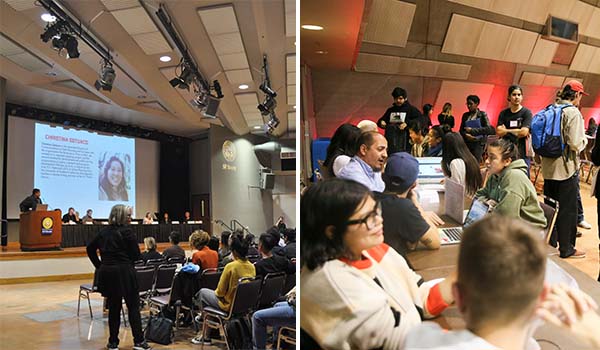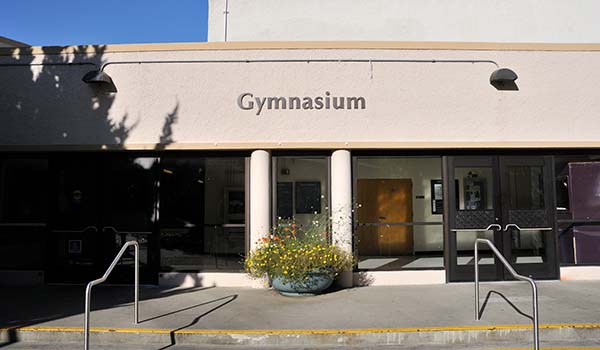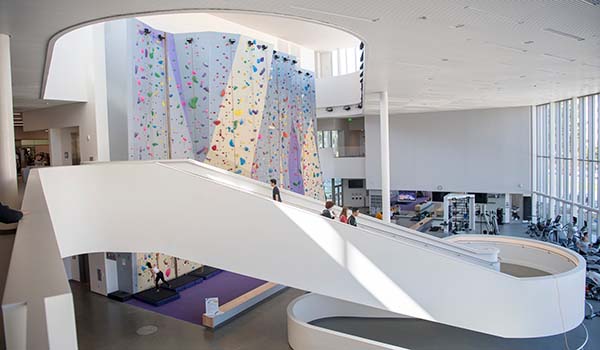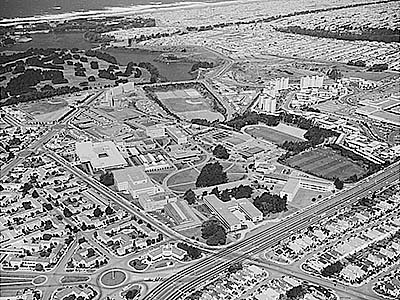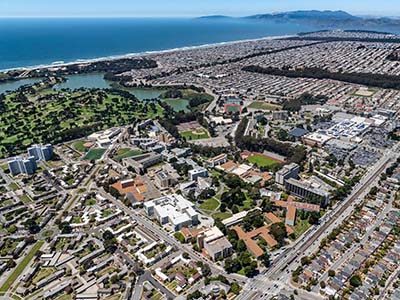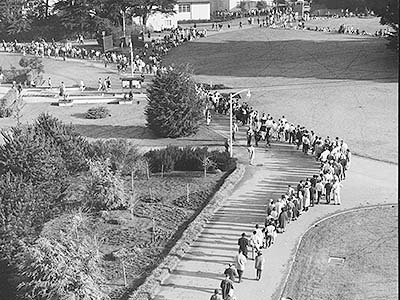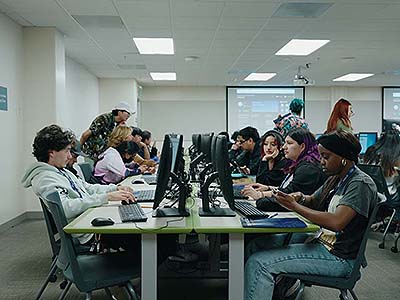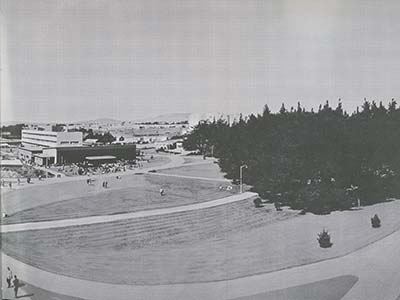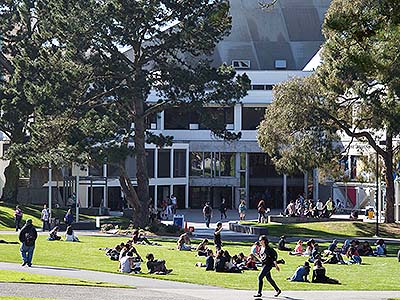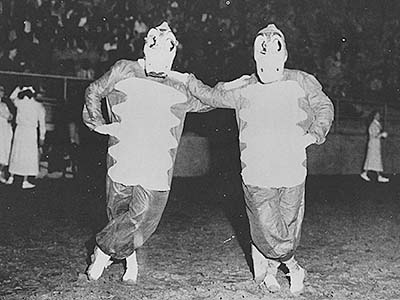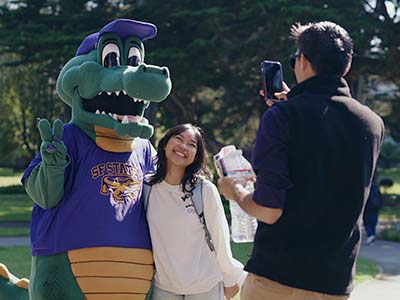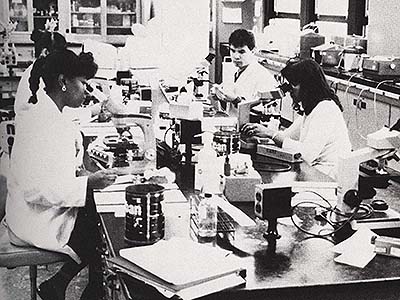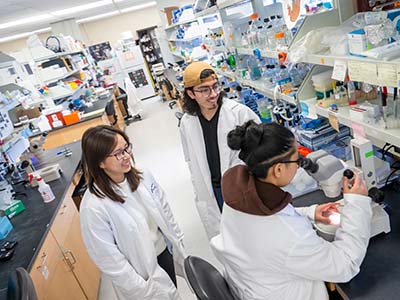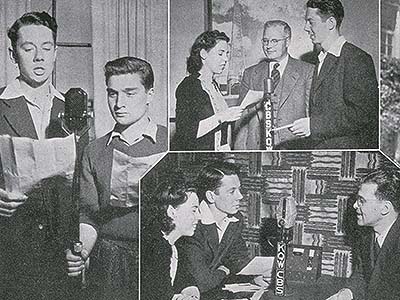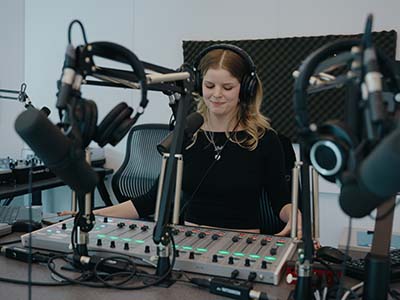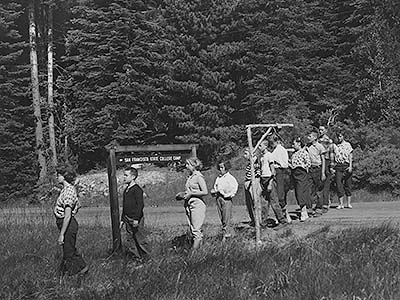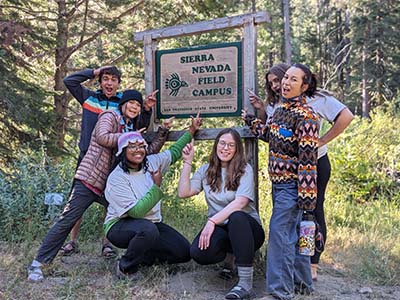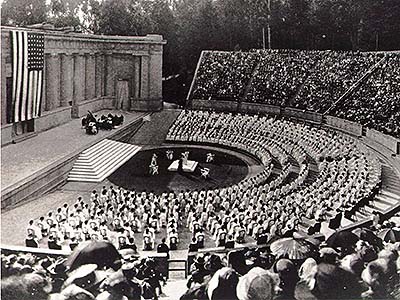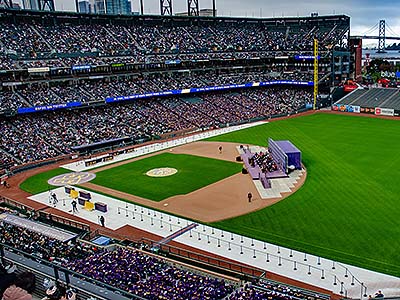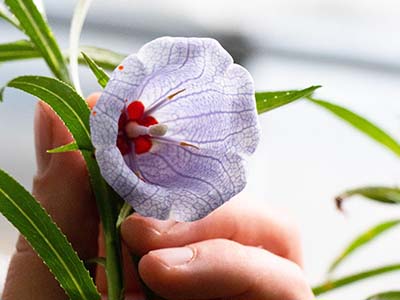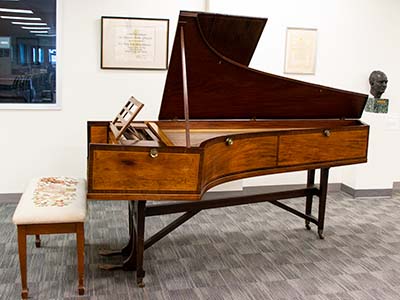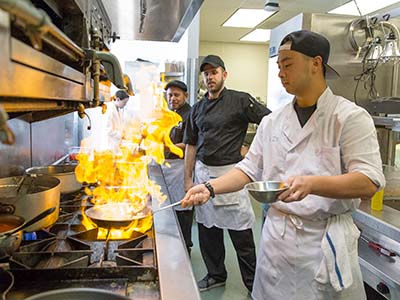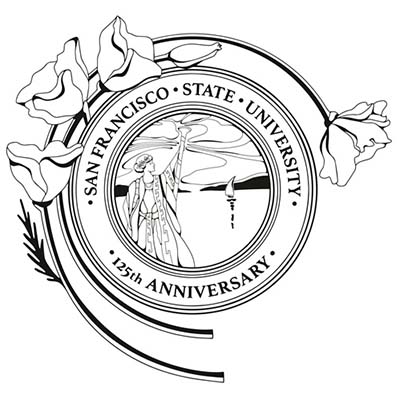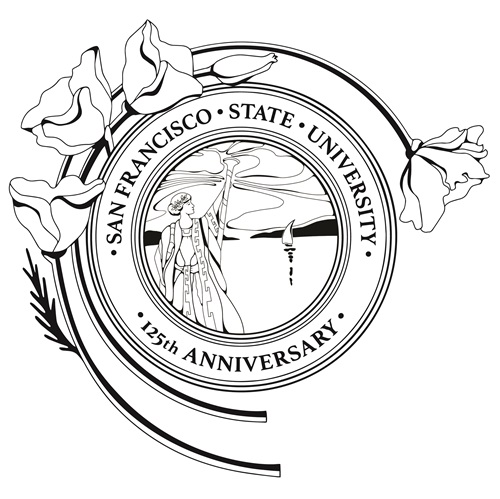‘A magical experience’: SFSU alumni share their greatest Gator memories
For 125 years, a ‘harmonic convergence’ at SF State has brought together students of many backgrounds for education, justice and social mobility
For countless Gator alumni, San Francisco State University has provided them with some of their most vivid memories: the crushes, the “aha” moments, the life-changing lectures, labs and professors.
As San Francisco State celebrates its 125th anniversary this year, the University put out a call to alumni to share their greatest memories on campus. We also take a look back at notable quotes by alumni over the years in SF State Magazine and the 1999 Centennial magazine, published for the University’s 100th anniversary.
Willie L. Brown Jr. (B.A., ’55), former mayor of San Francisco
By my sophomore year I was already heavily involved in politicking, getting students elected to student government. Also, I lived in housing that the school rented in Potrero Hill. I paid $14 a month rent, but the food program we had to organize ourselves. We had a treasurer, a secretary, someone responsible for buying the food. We ran our complex.
Laureen Chew (B.A., ’70; M.A., ’72), professor emerita of Asian American Studies
[The Third World Liberation Front student strike of 1968 and 1969] was an impassioned plea for change. It altered my life completely, not just as a student, but as a person. We felt we had to go on strike; we had no other choice.
Linda Yelnick (B.A., ’70), music booking agent
I really had fun attending SF State during the year of the Summer of Love, 1967, and the late ’60s. Now so many years later, I am still and always will be this “flower child” on the inside, and I wish peace and love to everyone. I have always been so honored and proud to have been a student there during its tumultuous late ’60s and now as an alumna. GGF Go Gators Forever :).
Dan Gonzales (B.A., ’74), professor emeritus of Asian American Studies
I don’t know what it is about SF State. [During the strike], there was a harmonic convergence — there were a lot of really interesting people that just happened to coincide on the campus, on both sides, and [the strike] probably wouldn’t have happened at any other time or with a different group of people.
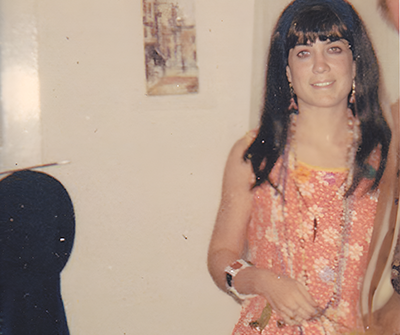
Courtesy of Linda Yelnick
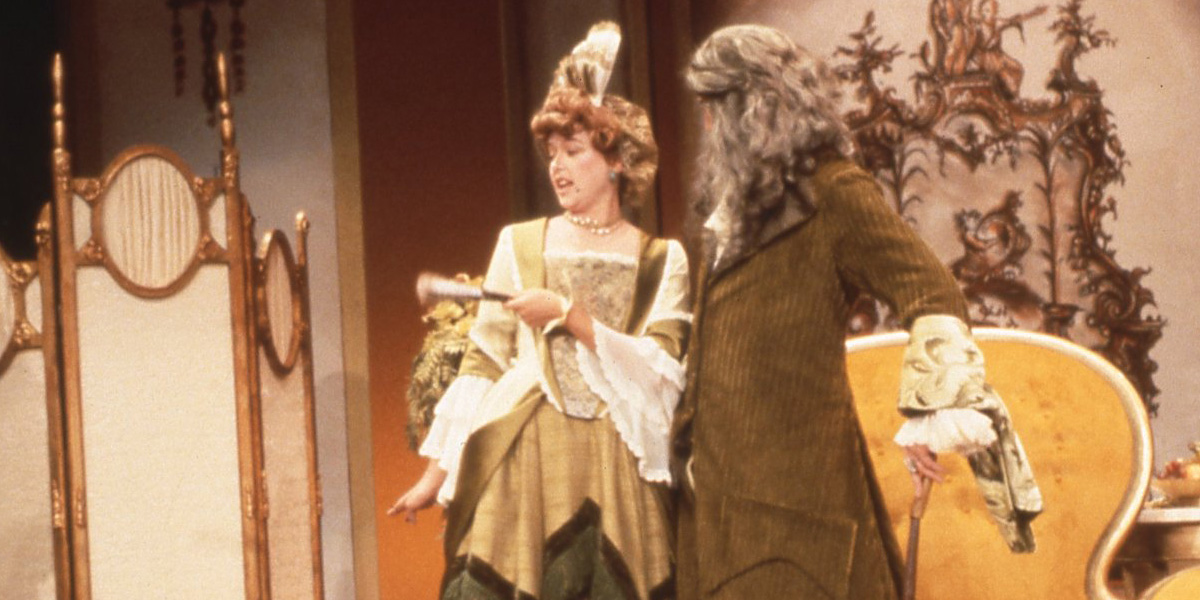
Courtesy of Annette Bening
Annette Bening (B.A., ’80), Academy Award-nominated actress
I knew I loved acting, but at San Francisco State, I got the chance to develop that love. I am so grateful for the safe, challenging environment I had in which to educate myself, develop my aspirations and, most importantly, a place where I could practice and learn how to trust and value my own individual creative instincts.
Dan Button (B.S., ’83), high school teacher
In the spring of 1982, I saw a girl walk her bike across campus to the student union. ... I found out she worked at a snack bar in the basement, but I was kind of shy, so I got in line and ordered a bagel just to get the chance to talk to her. ... Finally, I found the nerve to ask her out and, unbelievably, she said yes. Three months later, on a beach in Mexico, I asked Jamie to marry me. We were married two years later. I received more than an outstanding education at State. I also got the woman of my dreams, the mother of my children and my best friend.
Rina Ayuyang (B.A., ’98), comics artist
I lived near campus and would walk down the halls a lot. ... I remember one evening I stumbled upon this one event that was happening in the Creative Arts building. It was a smaller event room. There was this Filipino ensemble playing “Dahil Sayo (Because of You),” which is a Filipino ballad. It was a very film-noir scene actually, this woman singing this Filipino romantic ballad that I just came and found myself in. And it was a very magical experience.
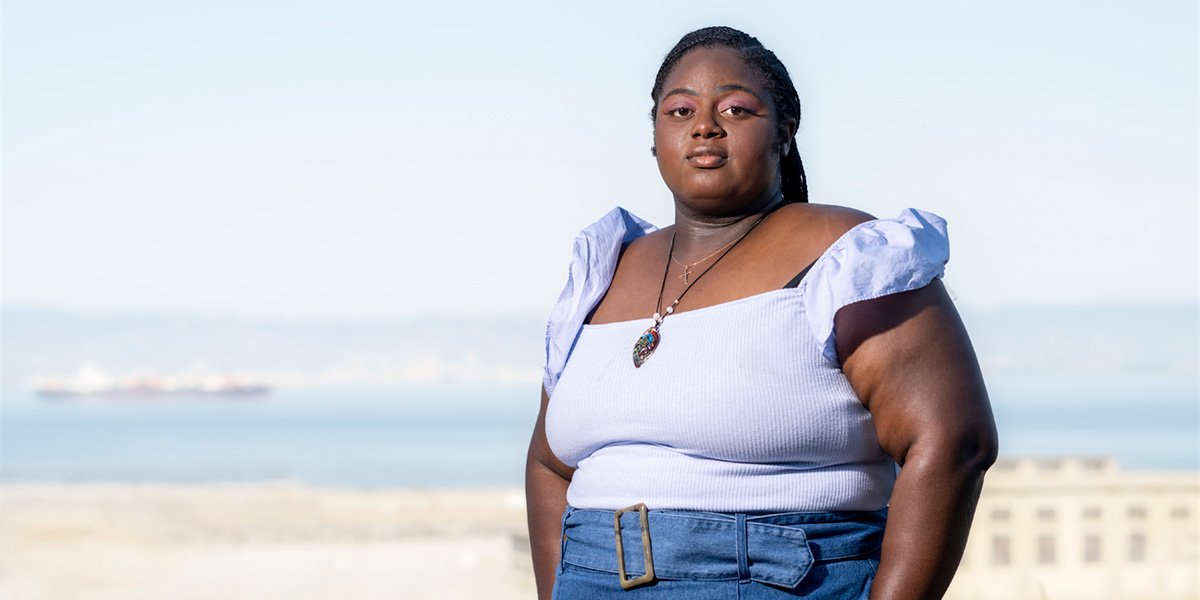
Photo of Chinomnso Okorie by Deanne Fitzmaurice
Chinomnso Okorie (B.S., ’17; M.S., ’19), data scientist
[Volunteering at the SFSU Women’s Center], I became so hyperaware of the fact that Black women suffered the most disparities in terms of birth outcomes. I slowly started to fall in love with reproductive health because nobody talks about these things. I was like, “Oh my gosh — I found my niche!”
